As I spent some time looking at the Argus
C3 I was to learn that the camera was a step in the evolution of a
camera that was to go through various changes spanning some part of four
decades from the late 1930's to the early 1960's.
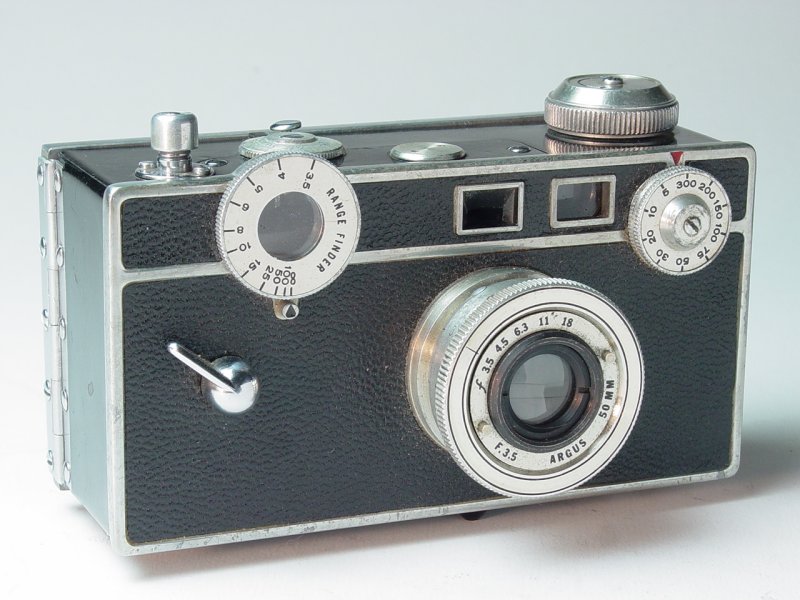
I had mistakenly thought that
the Argus C3 sprung from the creator's
mind to the version that my Dad had when I was a kid. But indeed,
the camera had several running changes. The original camera
patented in 1937 or 1938 was the first model and though very similar in
most respects, did not have a coated lens, coupled rangefinder or
synchronized flash capability.
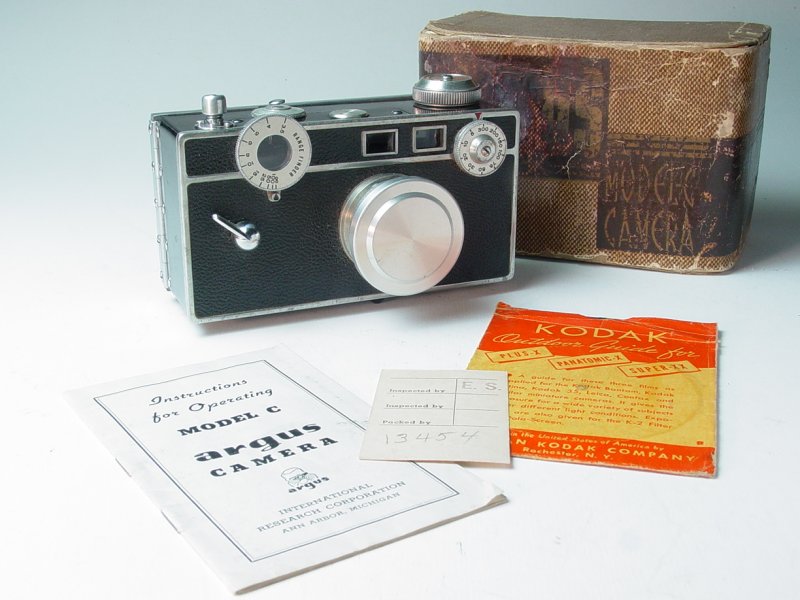
The Argus C was the first "brick", with
many more to follow before it fell behind technologically and several
"refinements" failed to save it. In fact what probably did it in
was the comparatively sophisticated range of affordable
single-lens-reflex cameras with interchangeable lenses and
through-the-lens metering. The Argus C-series became anachronistic
by comparison and most probably retired to the closet to spend a few
more decades in the dark.
One of the things I ran across was an
offer of a parchment printing of the original patent drawings. I
felt certain these drawings were in the public domain and probably
available on the U.S. Patent Office web site so I logged on and found
them.

This led me to search for a clean,
functioning Argus C. I wanted to have an example of perhaps the
most significant 35mm camera of my time. Sure enough, eBay
delivered and soon I had a beautiful Argus C in my hands.
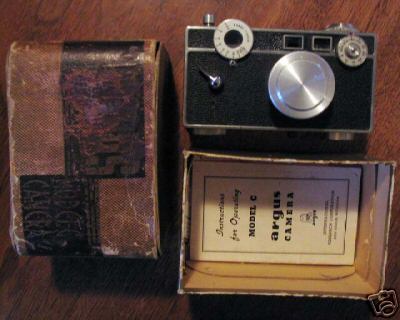
This camera history is like so many
cameras. The person who sold it to me graciously answered my query
for info with the following:
"The camera belonged to my
great grandparents, the Gorrows. They lived in Saranac Lake, NY,
which is a vacation area in the Adirondack Mountains just a few
miles from Lake Placid. Saranac Lake is often one of the coldest
areas in the country in the winter due to its elevation, so you
may notice it on the weather channel from time-to-time. I am
told that my great grandfather operated an old-time gas station
back in the day, which he long since sold and now is no longer
in operation.
"He passed about 10 years
ago and she about 2 years ago. My mother and her family cleaned
out their house to sell it last summer and she brought back this
large box of cameras that no one wanted but seemed to nostalgic
to throw away. The Argus was one of them."
It is a very simple camera as compared to
a Leica. But notwithstanding its comparatively inelegant
engineering, millions of these cameras were sold and millions of them
survive in working condition. That says something about simplicity
in engineering.
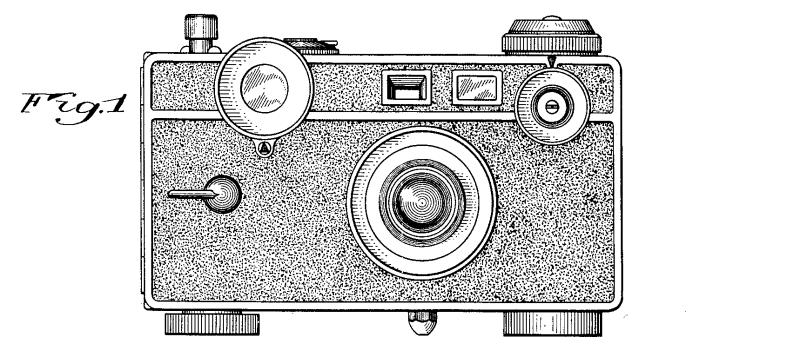
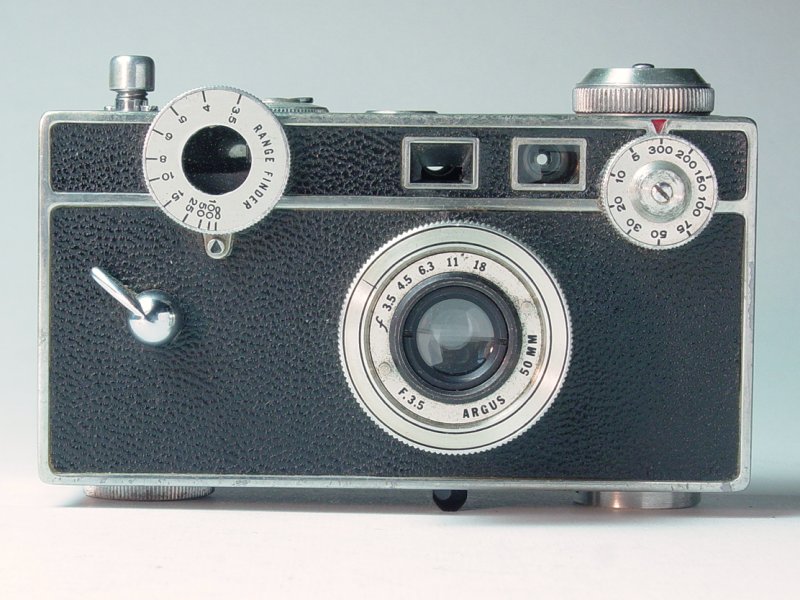
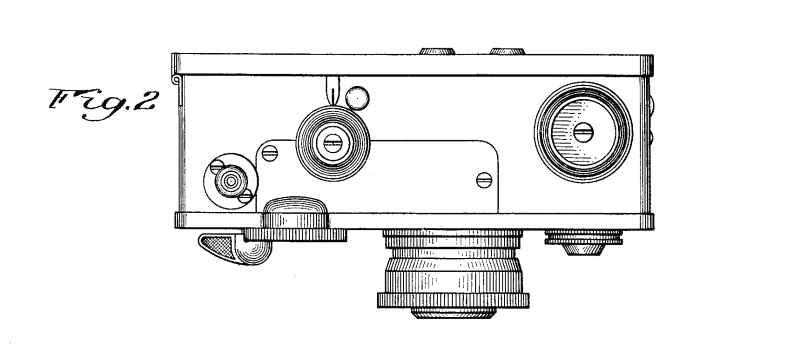
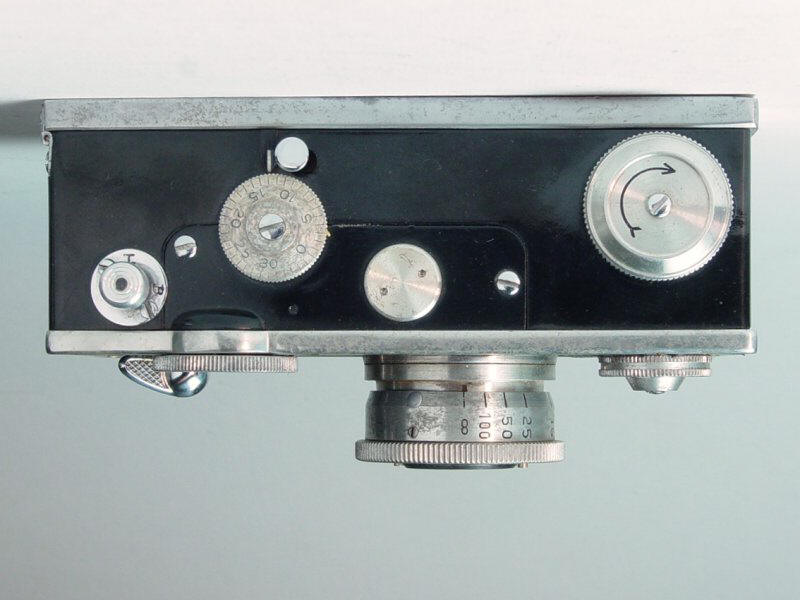
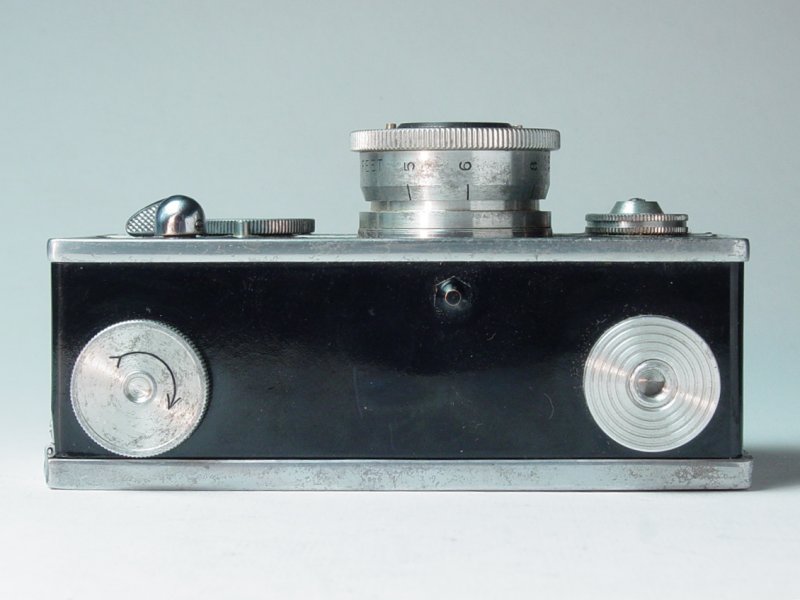
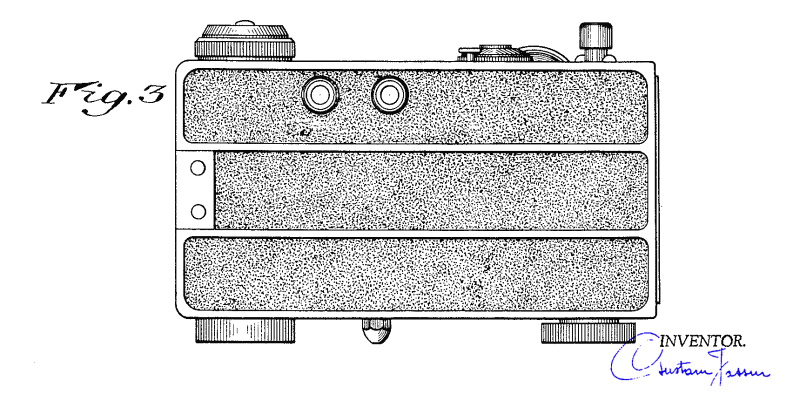
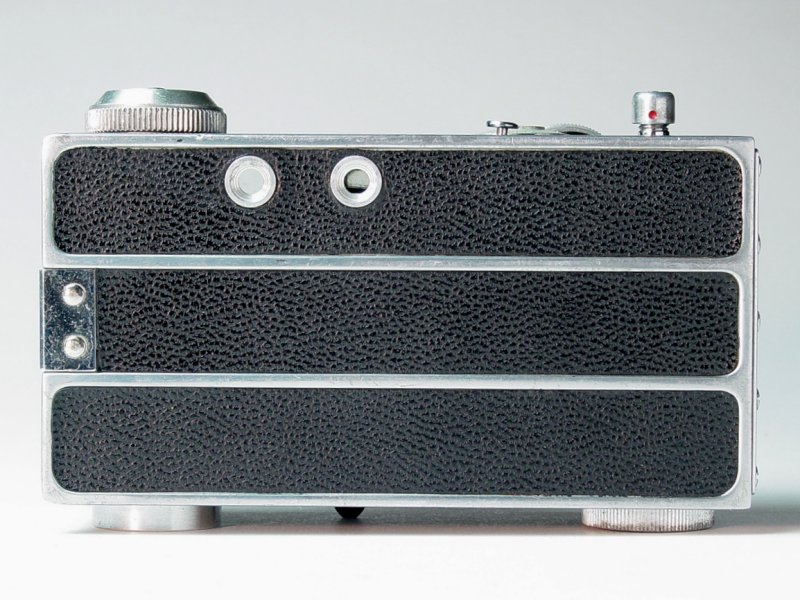
This camera is very nice to look at and
holds a place of distinction in my collection.
Since
11/22/09